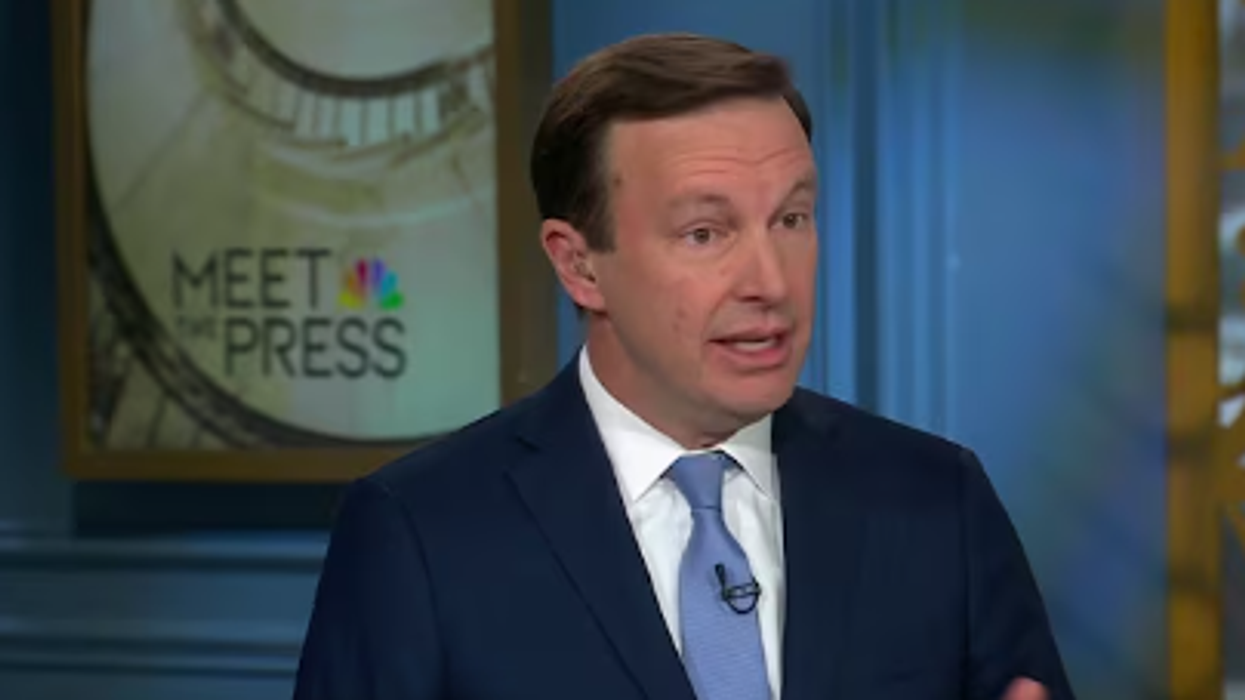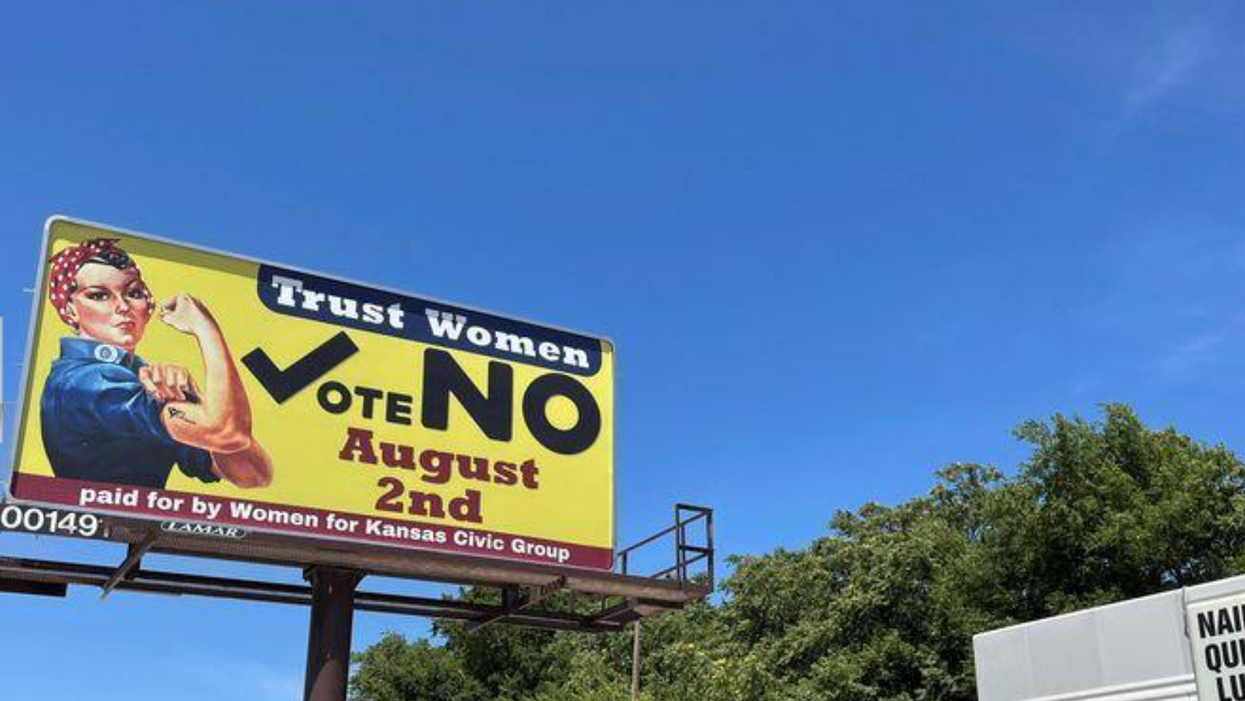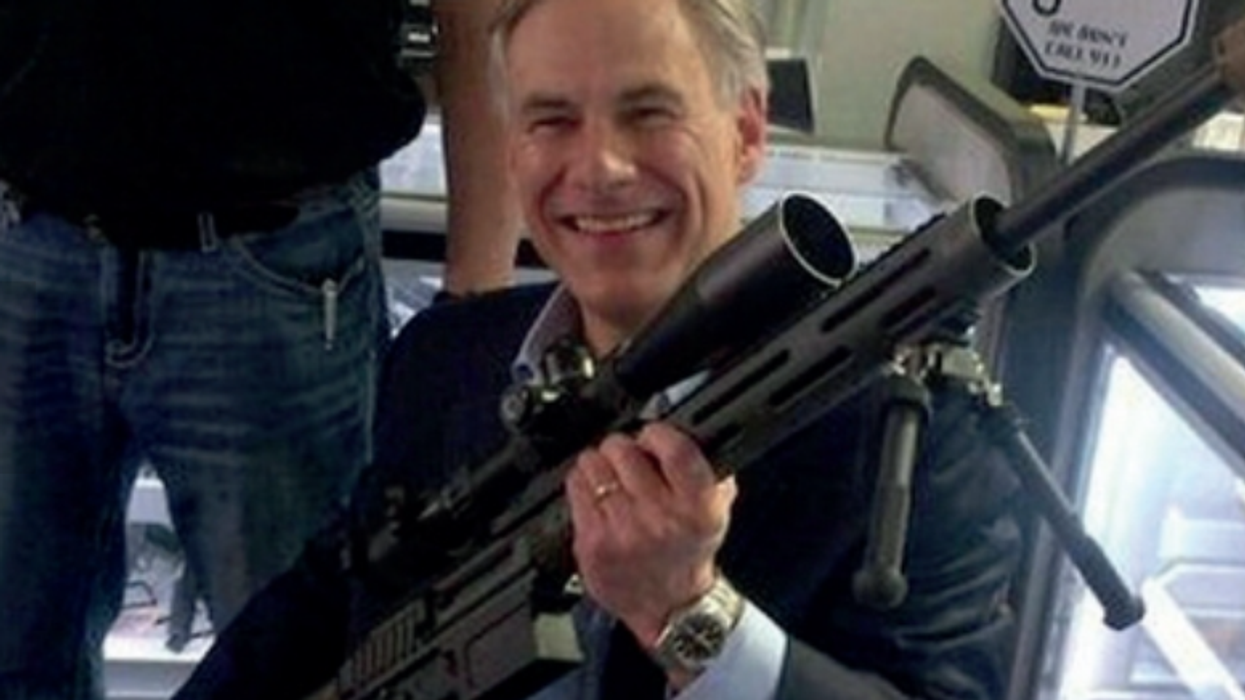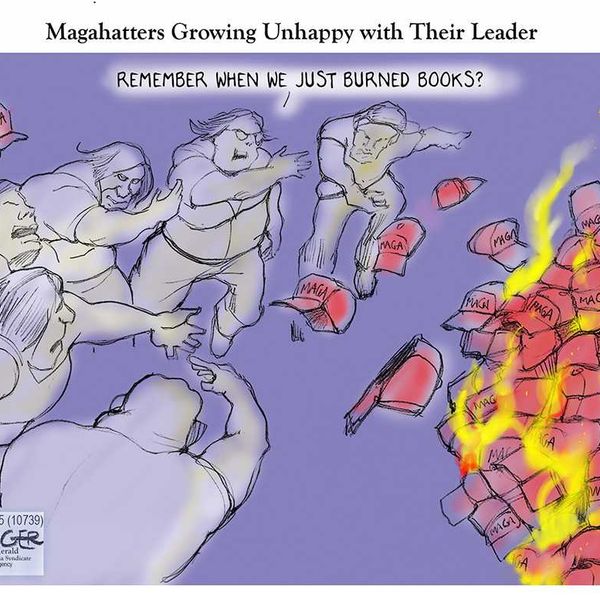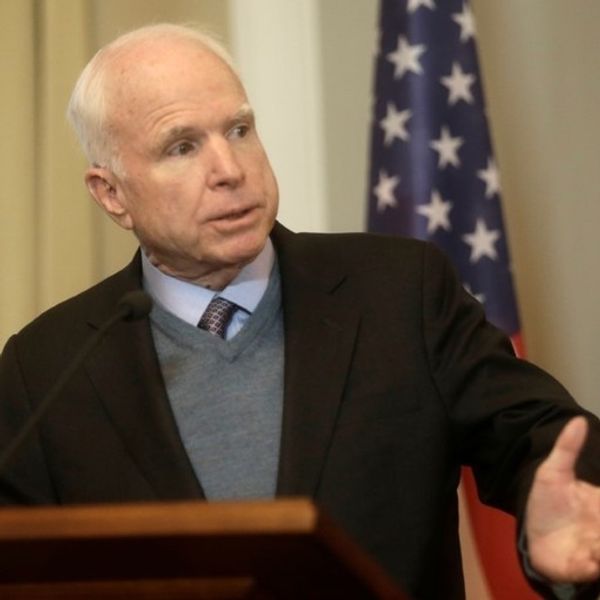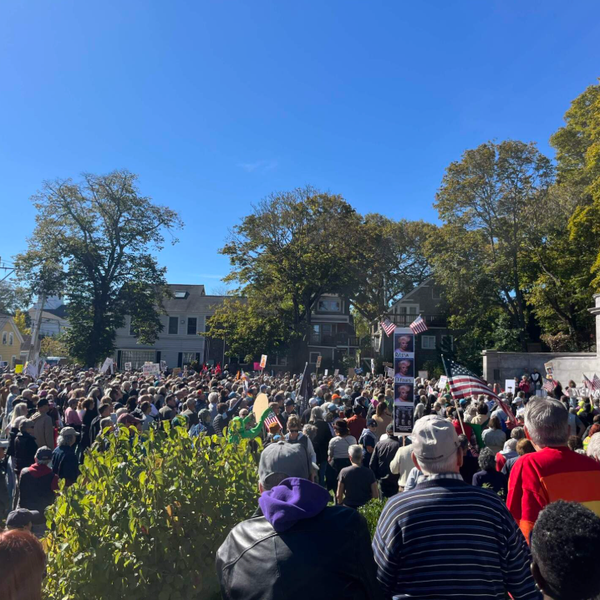Progressive Democrats Say 'Big-Tent Populism' Will Renew Party
In a political era defined by economic disparity and class anger, Democrats are reckoning with the political ideas that Donald Trump hitched his ride to and landed him successfully in front of the White House.
Sen. Chris Murphy of Connecticut is calling for a break from the economic neoliberalism of the past. He joins a growing list of progressives who argue that Democrats must prioritize the needs of working-class Americans to stay relevant in today’s political climate of staggering economic inequality.
Do Murphy’s comments signal a growing divide in the party or does he represent a fresh voice on more significant, bolder steps than the party ever considered before?
Murphy recently sparked attention after making a bold proposal on MSNBC: He suggested breaking up concentrated monopolies, raising the minimum wage, and placing greater emphasis on issues that resonate with the working class.
His comments took aim at the billionaire class and the economic institutions propped up by neoliberalism. He suggested a series of institutional reforms—including health care price caps—and critiqued his own party for failing to fully embrace these populist positions. Murphy argued that the way forward for Democrats lies in what he calls “big-tent populism.”
“Attacking power is not easy for everybody in the Democratic party because we have become a party that is dependent on high-income elites,” said Murphy to anchor Katy Tur.
He also highlighted what he sees as a false choice between unfettered market capitalism and socialism, proposing a middle ground: “common-good capitalism.” This vision, according to Murphy, would ensure that economic rules value workers just as much as shareholders and that certain sectors—such as health care—should not be commoditized for profit. “I think that’s the winning argument for Democrats,” Murphy concluded.
He isn’t the only one embracing a populist, working-class Democratic agenda.
The newly appointed chair of the Congressional Progressive Caucus, Rep. Greg Casar, a Texas Democrat, echoed similar sentiments in an interview with NBC News. Casar reminded Democrats that they must focus on returning to their roots as the party of the working class “without throwing vulnerable people under the bus.”
Casar said he believes the average voter stands to the left of the Democratic Party on economic issues but admitted that social issues could be a losing issue due to American voters being more “culturally conservative” than his party.
"The members of the Progressive Caucus know how to fight billionaires, grifters, and Republican frauds in Congress," Casar said at a recent press conference. "Our caucus will make sure the Democratic Party stands up to corporate interests for working people."
According to Gallup data, the number of Americans who see economic issues as the most important issue facing the country has been steadily rising since 2020. Meanwhile, the middle class is steadily decreasing.
After President Joe Biden was elected, Republicans pounced on the opportunity to cite the administration’s failures amidst persistent inflation and unlivable wages—although they’ve long been a party that has legislated against raising the minimum wage. At the same time, White House press secretary Karine Jean-Pierre pointed out how “global headwinds because of the COVID-19 pandemic” led to disruptions in supply chains—a phenomenon not only within the U.S. but the sharpest downward economic trend in the global economy since the Great Depression.
At its core, populism claims the system is rigged against the average, working-class citizen in favor of wealthy “elites.” Defining features of populism are a disdain for the ruling class and a focus on the working class, critiques of government and corporate institutions, nationalism and identity politics, and perhaps, most importantly, an overall sense of economic discontent.
Democrats like Murphy are right to assume Americans feel economic discontent. According to the National Bureau of Economic Research, wealth inequality has steadily increased for those at the top, with the wealthiest 5% of Americans owning a staggering two-thirds of the wealth distribution. Meanwhile, wages have remained stagnant, and home ownership is unattainable.
While Democrats were still heeding the twilight of Obama-era neoliberalism, Vermont Sen. Bernie Sanders, Sen. Elizabeth Warren, were ahead of their time, calling for the party’s focus on an economic agenda that prioritized Medicare for All, livable wages, and breaking up Big Oil, Big Banks, and other monopolies.
Only a month ago, in the days after the Democrats' defeat to MAGA, Warren reminded the party in her TIME op-ed to act urgently to address wealth inequality and a dysfunctional system stacked to benefit the rich if they want to get back in the game.
“Good economic policies do not erase painful underlying truths about our country,” she, a long-time populist, wrote. “For my entire career, I’ve studied how the system is rigged against working-class families. On paper, the U.S. economy is the strongest in the world. But working families are struggling with big expenses like the cost of housing, health care, and childcare.”
According to a New York Times report, some voters who can reasonably be deduced as populists are those upset about the “status quo " who went from voting for Sanders to electing Donald Trump.
However, party leaders like outgoing Democratic National Committee Chair Jaime Harrison, who is Black, believe it’s not wise to veer away from “identity politics,” which draws much of the party's voting bloc from African American or LGBTQ+ voters. He recently rebuffed criticism that the party had become too reliant on “identity politics” or had gone “too woke” instead of focusing on kitchen-table economic issues.
“When I look in the mirror when I step out the door, I can’t rub this off,” he said, pointing to his face. “This is who I am. This is how the world perceives me. “That is my identity,” he said. “And it is not politics. It is my life.”
However, other party leaders, like House Minority Leader Hakeem Jeffries, said in his postmortem press conference after Election Day that Democrats must focus on the “economic challenges” facing Americans.
“Far too many people are struggling to live paycheck to paycheck,” said Jeffries. “And we’re prepared to work with the incoming administration to decisively deal with that issue.”
During that time, New York Rep. Alexandria Ocasio-Cortez used her Instagram platform to reach out to her 8 million followers. She asked them if they backed her during her election and then also voted for Trump in November to explain why. The majority of responses were about the economy. On Nov. 11, Ocasio-Cortez’s Communications Director Sidney D. Johnson, posted some of the answers on X.
"You are focused on the real issues people care about. Similar to Trump populism in some ways,” one responder said.
“It’s really simple … Trump and you care about the working class,” another user wrote.
Democrats like Murphy, Casar, and Ocasio-Cortez are beginning to align more closely with the economic populism that has long been associated with Sanders and Warren. They are increasingly pushing the Democratic Party to tackle wealth inequality, challenge corporate power, and, as Murphy put it, move toward a “common-good capitalism” that values workers as much as shareholders.
As the hindsight conversation about where the Democratic party steers itself evolves, the demand for a political system that works for all Americans—not just the wealthy—will continue to drive political fervor among its constituents. The question is, will Democrats seize on it or not?
Reprinted with permission from Daily Kos.

